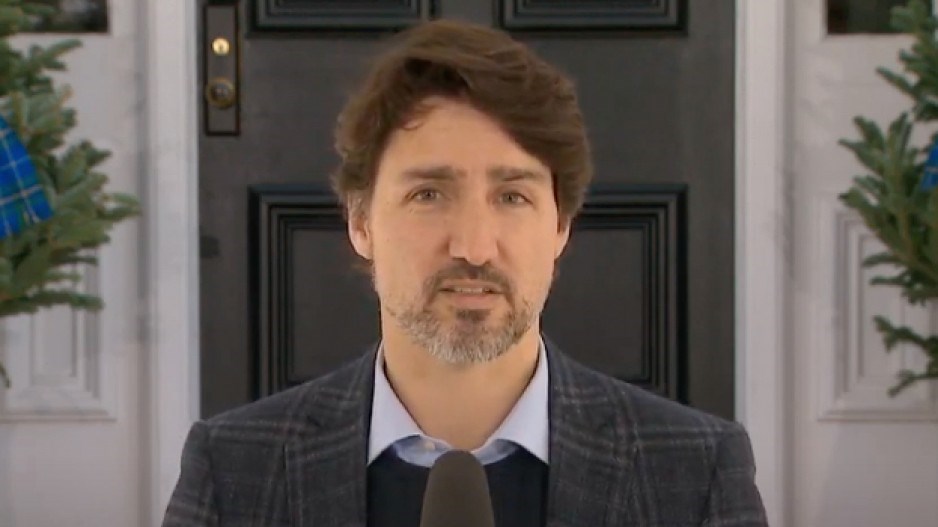Canada will require air passengers to undergo mandatory temperature checks in order to get on their flights, Ottawa announced this morning.
Canadian Prime Minister Justin Trudeau announced the move this morning, noting that passengers are already required to wear masks – and temperature checks are the next step for preventing the emergence of a second COVID-19 wave in Canada.
Trudeau noted that the temperature checks will be phased in; initially, it will be put in place for passengers entering Canada, then for passengers departing Canada. Domestic passengers within Canada will undergo required checks in the third phase of this initiative.
No specific timelines of a roll-out have been announced.
Trudeau did note that a passenger will not be allowed onboard a flight in Canada if he or she has a fever.
When challenged by reporters that research has shown that having a fever is not a strong test of whether one carries the COVID-19 virus or not, Trudeau noted that Friday's announcement is aimed at providing an additional level of protection for travellers and deterence from travelling for those who are sick.
"We’ve talked about the idea of having a thermal check since a number of months ago," Trudeau said. "It remains a way not for detecting COVID-19 in air travellers, but it is a way to identify those with symptoms for COVID-19. It is not a panacea.. but it is an additional measure that can make a difference. It is an extra layer of protection deterring sick people from travelling."
In his Friday announcement, the prime minister also appears to take aim at criticizing countries (such as the United States) that have been deemed by medical experts as having reopened their economies too early post-COVID, possibly igniting a second wave of outbreaks.
Trudeau said that – in mentioning again Ottawa’s recently announced plan to contribute $14 billion towards a national relaunch strategy – any restart in Canada needs to put public safety at the forefront to avoid the occurrence of a second wave in Canada.
“In country after country and state after state, a pattern is emerging,” he said. “People make the sacrifice needed to flatten the curve, but then when governments decide to restart the economy, cases begin to rise again. And after months of hard work, people are finding themselves back where they started. Canada must learn from these lessons.”
The comments come after a number of states, including Texas and Arizona, started reporting a resurgence of COVID-19 cases approximately two weeks after those economies reopened. Some states are already reporting a new strain on their intensive-care capacity as a result.
There is further concern that the recent wave of mass protests in the United States against racial discrimination and police brutality towards African-Americans triggered by the death of George Floyd in Minneapolis may also provide an environment for COVID to spread, given that social distancing is rarely seen at the protests.
Other than the United States, countries like India, Pakistan and Indonesia have also seen COVID spikes after reopening, and places like South Korea and Singapore have seen new outbreaks within the last month.



